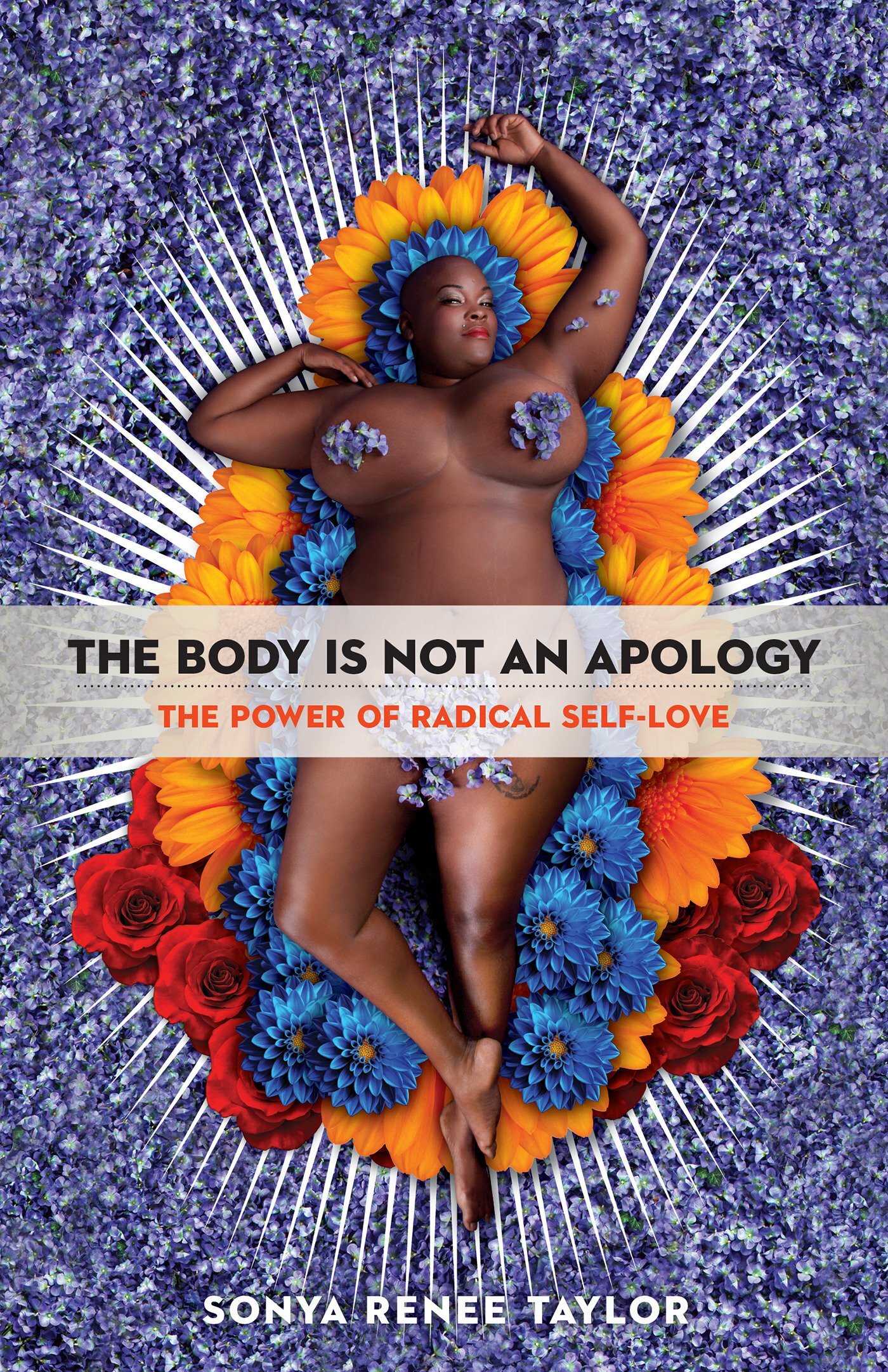Finding Our Way Bookshelf
Our Facilitator’s Guide helps you in forming your own self-led book club with your community.
We encourage folks to purchase these books from Black-Owned and local bookstores.
The Body Is Not an Apology offers radical self-love as the balm to heal the wounds inflicted by these violent systems. World-renowned activist and poet Sonya Renee Taylor invites us to reconnect with the radical origins of our minds and bodies and celebrate our collective, enduring strength.
Sonya Renee Taylor - 2018
Undrowned is a book-length meditation for social movements and our whole species based on the subversive and transformative guidance of marine mammals. Our aquatic cousins are queer, fierce, protective of each other, complex, shaped by conflict, and struggling to survive the extractive and militarized conditions our species has imposed on the ocean. Gumbs employs a brilliant mix of poetic sensibility and naturalist observation to show what they might teach us, producing not a specific agenda but an unfolding space for wondering and questioning. From the relationship between the endangered North Atlantic Right Whale and Gumbs s Shinnecock and enslaved ancestors to the ways echolocation changes our understandings of 'vision' and visionary action, this is a masterful use of metaphor and natural models in the service of social justice.
Alexis Pauline Gumbs, AK Press - 2021
In Love and Rage, Lama Rod Owens, coauthor of Radical Dharma, shows how this unmetabolized anger--and the grief, hurt, and transhistorical trauma beneath it--needs to be explored, respected, and fully embodied to heal from heartbreak and walk the path of liberation. This is not a book about bypassing anger to focus on happiness, or a road map for using spirituality to transform the nature of rage into something else. Instead, it is one that offers a potent vision of anger that acknowledges and honors its power as a vehicle for radical social change and enduring spiritual transformation.
Lama Rod Owens - 2020
How do we make social justice the most pleasurable human experience? How can we awaken within ourselves desires that make it impossible to settle for anything less than a fulfilling life? Author and editor adrienne maree brown finds the answer in something she calls “pleasure activism,” a politics of healing and happiness that explodes the dour myth that changing the world is just another form of work. Drawing on the black feminist tradition, she challenges us to rethink the ground rules of activism. Her mindset-altering essays are interwoven with conversations and insights from other feminist thinkers, including Audre Lorde, Joan Morgan, Cara Page, Sonya Renee Taylor, and Alexis Pauline Gumbs. Together they cover a wide array of subjects—from sex work to climate change, from race and gender to sex and drugs—building new narratives about how politics can feel good and how what feels good always has a complex politics of its own.
adrienne maree brown - AK Press - 2019
After almost every presentation activist and writer Mia Birdsong gives to executives, think tanks, and policy makers, one of those leaders quietly confesses how much they long for the profound community she describes. They have family, friends, and colleagues, yet they still feel like they're standing alone. They're "winning" at the American Dream, but they're lonely, disconnected, and unsatisfied.
It seems counterintuitive that living the "good life"--the well-paying job, the nuclear family, the upward mobility--can make us feel isolated and unhappy. But in a divided America, where only a quarter of us know our neighbors and everyone is either a winner or a loser, we've forgotten the key element that helped us make progress in the first place: community. In this provocative, groundbreaking work, Mia Birdsong shows that what separates us isn't only the ever-present injustices built around race, class, gender, values, and beliefs, but also our denial of our interdependence and need for belonging. In response to the fear and discomfort we feel, we've built walls, and instead of leaning on each other, we find ourselves leaning on concrete.
Through research, interviews, and stories of lived experience, How We Show Up returns us to our inherent connectedness where we find strength, safety, and support in vulnerability and generosity, in asking for help, and in being accountable. Showing up--literally and figuratively--points us toward the promise of our collective vitality and leads us to the liberated well-being we all want.
Mia Songbird - 2020







